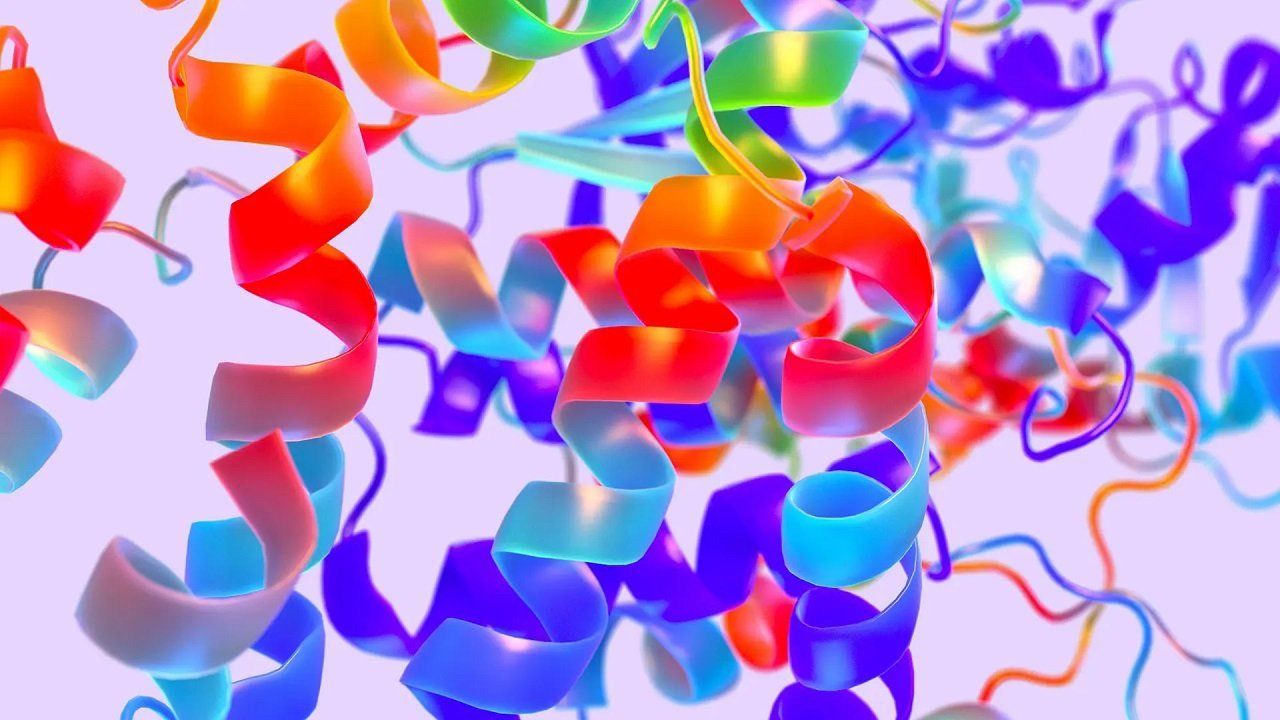DeepMind AI claims massive breakthrough in protein folding
New advances in AI are smashing the competition and determining the structure of proteins which has huge implications for scientific research.

Proteins are complex little bastards. Plus there are currently around 200 million known with 30 million new ones cropping up each year. They’re worse than rabbits.
They’re also a bit sneaky. They exist in many shapes and configurations thanks to being made of strings of amino acids. It’s incredibly difficult to determine exactly what these protein strings look like, but it just got a lot easier, and that has massive implications for the medical community.
Determining the structure of a protein is important. It can help in developing medicines and understanding the building blocks of life. It may even help us break down plastics or have other amazing environmental implications. However, because of how tiny and intricate proteins are, scientists have often struggled with this step.
For years researchers have been working towards new techniques which can make educated guesses based on the amino acids that make up the protein in question. It’s been a slow rise but AlphaFold looks to be making serious steps towards advancements in this field.
AlphaFold is an artificial intelligence network to come out of Google’s DeepMind AI initiative. It may not write songs or watch heads instead of footballs, but it has outperformed 1,000 other teams when it comes to protein-structure prediction.
Every two years teams participate in CASP, a group challenge to determine the fastest ways to predict protein structures. In 2018 AlphaFold made a very strong showing coming top of the class, but more recently it absolutely wiped the floor with the competition.
The level of accuracy AlphaFold managed in 2020 has many scientists proclaiming this is a huge step forward. It’s also much cheaper than other current methods, which may still need to be used at times but still definitely makes things much easier and more accessible for teams.
AlphaFold may even help with COVID-19 by predicting the protein structures associated.
At the Planck institute for Developmental Biology in Tübingen, Germany, AlphaFold has assisted in finding a protein structure that’s eluded the team for years.
“It’s a game changer,” Andrei Lupas an evolutionary biologist at the institute told Nature.com. “This will change medicine. It will change research. It will change bioengineering. It will change everything."
Game changer gets overused in today's world. This feels like one of those rare times when it actually means something.
Byteside Newsletter
Join the newsletter to receive the latest updates in your inbox.


